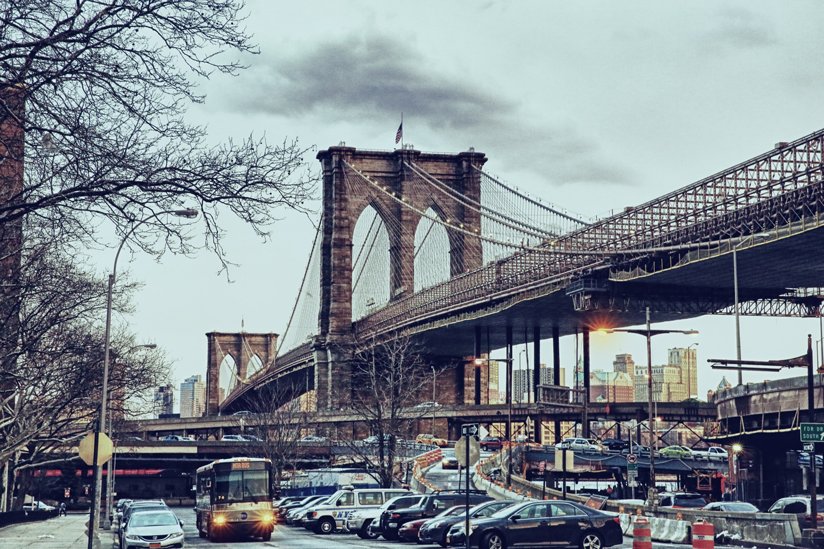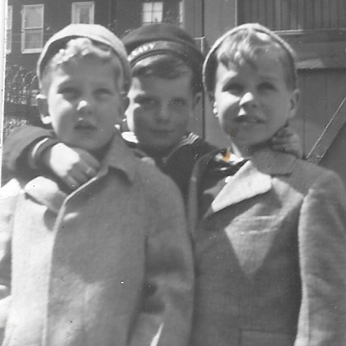
-
HOME
-
WHAT IS STANDOur Mission Our Values Our Help Contact
-
WHAT WE FIGHT FORReligious Freedom Religious Literacy Equality & Human Rights Inclusion & Respect Free Speech Responsible Journalism Corporate Accountability
-
RESOURCESExpert Studies Landmark Decisions White Papers FAQs David Miscavige Religious Freedom Resource Center Freedom of Religion & Human Rights Topic Index Priest-Penitent Privilege Islamophobia
-
HATE MONITORBiased Media Propagandists Hatemongers False Experts Hate Monitor Blog
-
NEWSROOMNews Media Watch Videos Blog
-
TAKE ACTIONCombat Hate & Discrimination Champion Freedom of Religion Demand Accountability
Religious Tolerance and Growing up in Brooklyn
So many individuals and religious communities have expressed strong—too often violent—discriminatory opposition to those who don’t share their religious beliefs. Discrimination by zealots against those of other religions, as well as those in their own religions who may have a different viewpoint, form a foundation of great turmoil and destruction.

We have witnessed this throughout history. It is all too easy to become intolerant of those who do not share one’s religious convictions (or lack thereof) when we have profound and deep-seated religious beliefs or atheistic values instilled in us throughout our lives. And it is easy to become intolerant of other religions when we are raised to believe that our beliefs and practices are the one true way to salvation, infinite life, or truth here on earth.
“In this sea of contention, one bright principle has emerged: the right to believe as one chooses.”
The question becomes: how can we maintain and express our deep-seated religious beliefs and practices without becoming intolerant of those who do not share, or possibly oppose them? The answer to this is expressed by L. Ron Hubbard in his nonreligious book called The Way to Happiness:
“When one views the slaughter and suffering caused by religious intolerance down all the history of Man and into modern times, one can see that intolerance is a very non-survival activity.
“Religious tolerance does not mean one cannot express his own beliefs. It does mean that seeking to undermine or attack the religious faith and beliefs of another has always been a short road to trouble. …
“In this sea of contention, one bright principle has emerged: the right to believe as one chooses. … One is at liberty to hold up his own beliefs for acceptance. One is at risk when he seeks to assault the beliefs of others, much more so when he attacks and seeks to harm them because of their religious convictions.”

When I was six years old growing up in Brooklyn, there were two boys who lived on my street who were my best friends: Tommy was Protestant, Paul was Catholic and I was Jewish.
We never put any thought on what made us different, but rather on finding agreement on what games to play.
When I went to their homes I noticed crosses there with a man attached to them, but I never bothered to ask about it, and they never bothered to explain it to me. This worked for me, because, at that time, I would not have known how to explain the Star of David or what it meant to be Jewish.
That experience as a young boy somehow instilled in me the importance of respecting the religious beliefs of others. I internalized the value and importance of finding agreement, without focusing on disagreement—disagreement that could result in intolerance towards another person. That was, is, and always will be The Way to Happiness.
There are practices and beliefs of some religions that do not align with what I truly believe, some even feel strange and outside of my reality about how things are and should be. But I would never attack an individual for his or her beliefs. As L. Ron Hubbard said, that is nothing more and nothing less than “a short road to trouble.”









